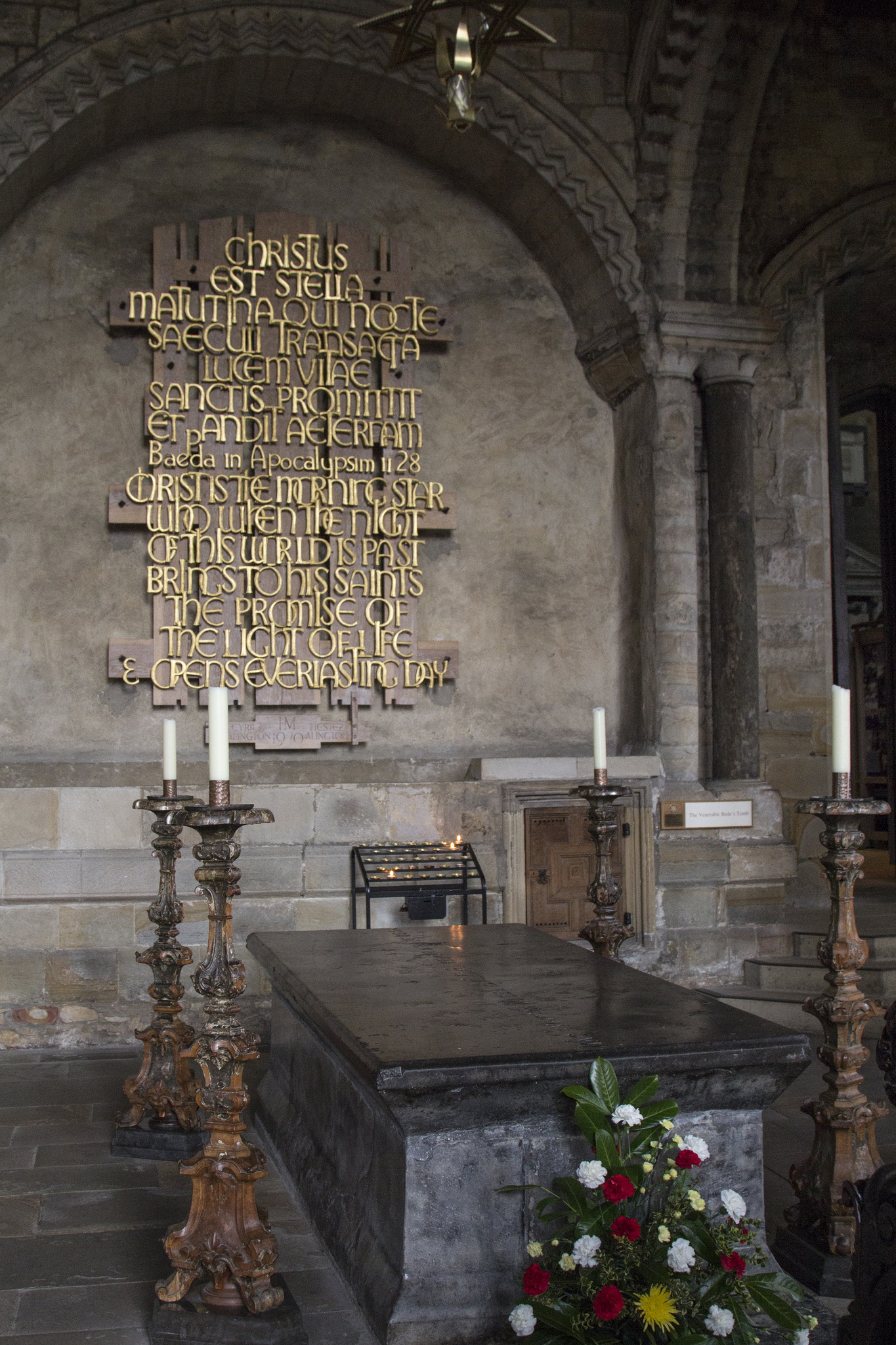6/12/25 →
I asked him if monks had a difficult time parting with earthly pleasures. His answer was simple: “Religious life does not prevent us from loving the earth. We love it differently, and perhaps more, because the earth is more beautiful with the eyes of faith. Nature is more beautiful, souls a more beautiful, human relationships are more beautiful.”
Father Michael of Lagrasse Abbey in A Time to Die
2/20/25
Catechizing my children as Spurs supporters is basically parallel to their catechesis into the Christian way:
Both are a citizenship that leads to some daily joys and many momentary sorrows. For both, the true reward is mostly found on a distant shore. That is, when the spurs saints go marching in. Neither are solely achieved through reading a book. But both involve the ever-increasing embodiment of a story. If I don’t fully embrace either of these myself, there is zero earthly reason for my children to do the same.
Continue reading →
9/22/24
I stumbled upon this brief text at church today, written by the 18th century Italian St. Alphonsus de Liguori.
His distinction between conformity with God’s will and uniformity is helpfully described in the definitions below. And in the illustration that follows he excellently explains why it matters—what is to be gained through the pursuit of uniformity.
Conformity is bending our will to the will of God. Uniformity is making one will of God’s will and ours, so that we will only what God wills; that God’s will alone is our will.
Continue reading →
6/3/24 →

Christus est stella matutina, Qui nocte saeculi transacta Lucem vitae sanctis promittit Et pandit aeternam, Alleluia
Christ is the morning star, who when the night of this world is past brings to his saints the promise of the light of life and opens everlasting day.
A prayer attributed to St. Bede, which is displayed beautifully at his tomb in Durham.
3/20/23
St. Joseph is a model of quiet, often thankless work that paves the way for Jesus to be known and loved. The Feast of St. Joseph is usually celebrated on March 19th. When specific Feasts fall on a Sunday, their observance is usually transferred to the following weekday. This is because every Sunday is a Feast of our Lord’s Resurrection—and in that sense—the celebration of Jesus’ Resurrection is not shared with any other celebration.
Continue reading →
11/1/22
November 1 and November 2Thank you for subscribing to Rhythms of Habit! As we enter the month of November, it is worth noting that Advent—the beginning of the Church Year—is quickly approaching. If you know someone who may enjoy these emails as we enter a new Christian year together, please encourage them to subscribe or consider purchasing a gift subscription on their behalf.
Give a gift subscription
Share Rhythms of Habit by Jon Jordan
Continue reading →
10/24/22
October 23While this is not your standard Rhythms of Habit email, I wanted to send out a quick note today about St. James of Jerusalem, along with a request. The RequestPlease send me your questions about the Church Calendar! It has been a joy hearing from many of you as you enter more deeply into following the church calendar, and I would love to know what questions you have along the way.
Continue reading →
9/28/22
September 29: A celebration of heavenly beings in an overly-materialistic world. The monastery Mont Saint-Michel off the coast of normandy. | Peter Visser (Flickr)In the preface to his infamous Screwtape Letters, C.S. Lewis notes the following about our attitudes towards heavenly beings.
There are two equal and opposite errors into which our race can fall about the devils. One is to disbelieve in their existence. The other is to believe, and to feel an excessive and unhealthy interest in them.
Continue reading →
